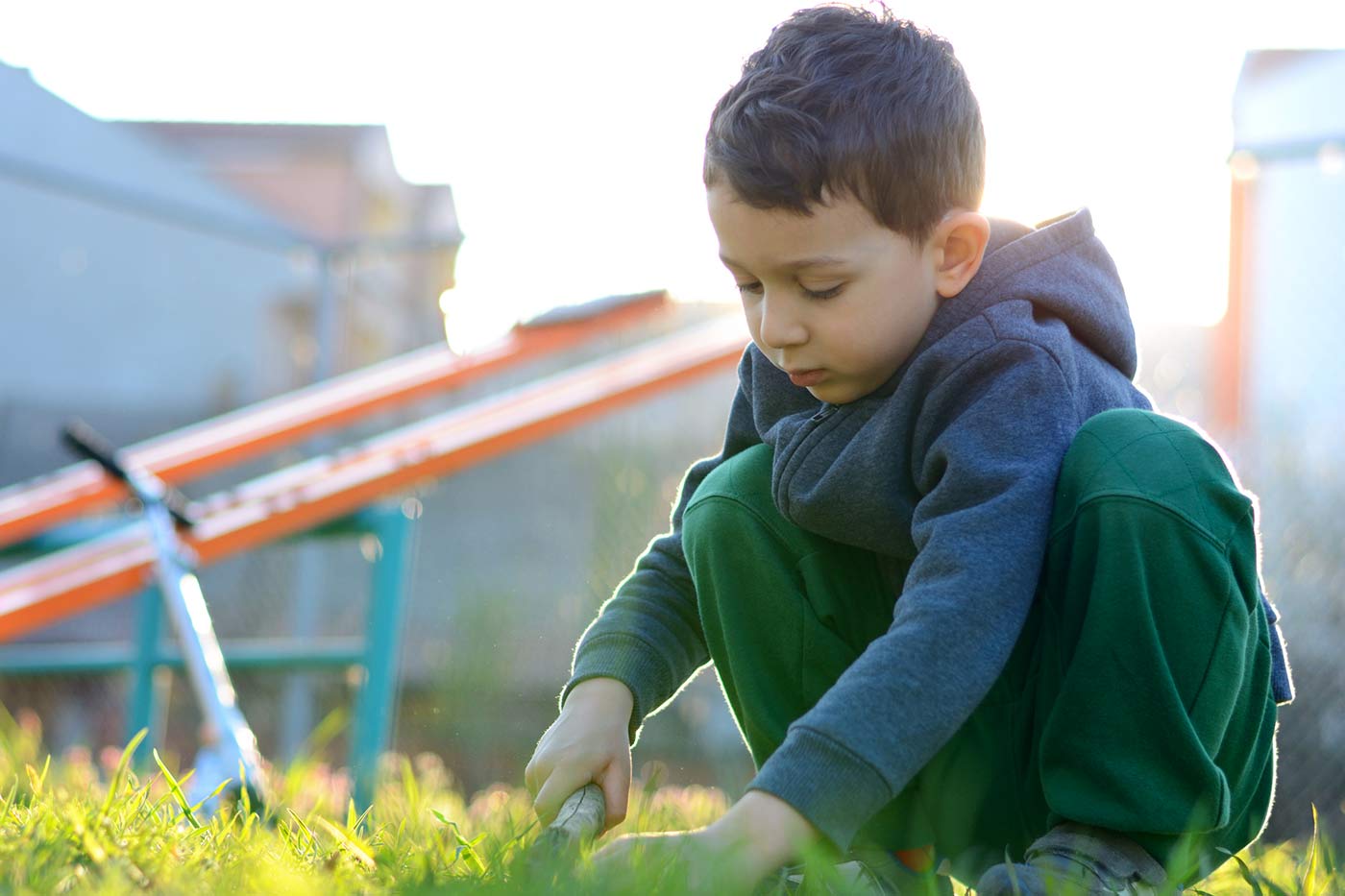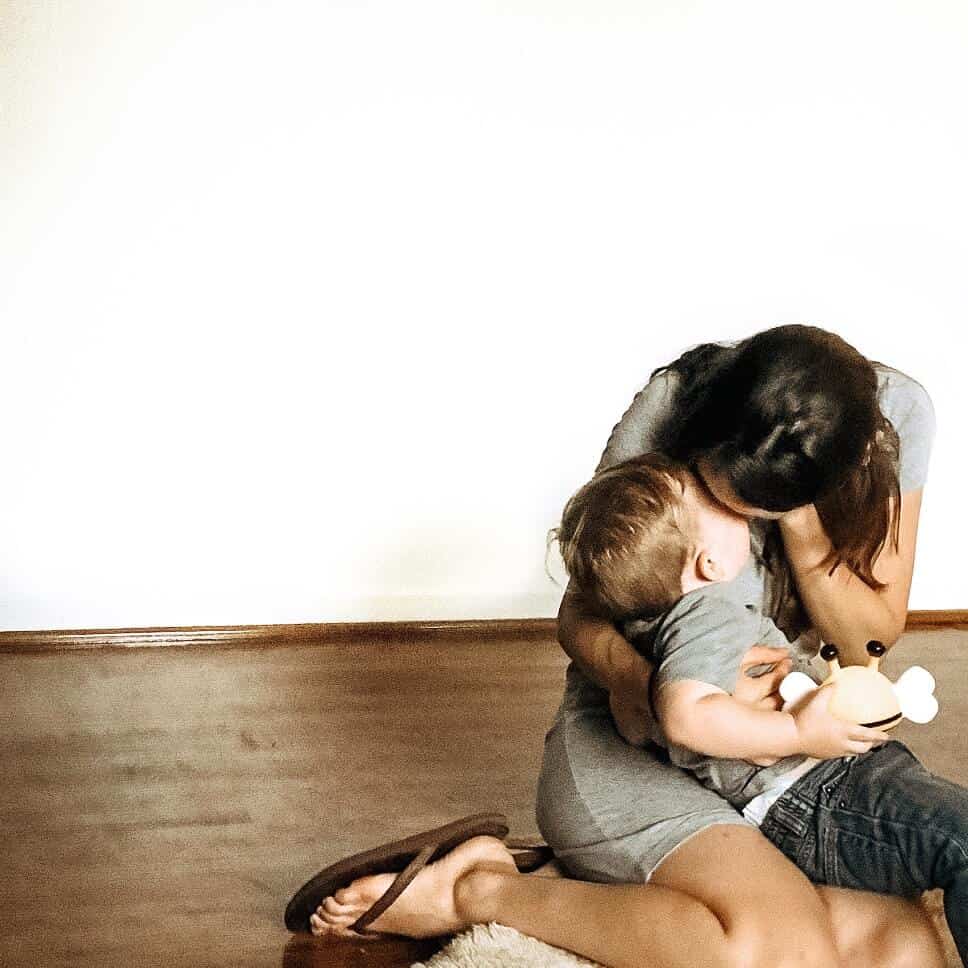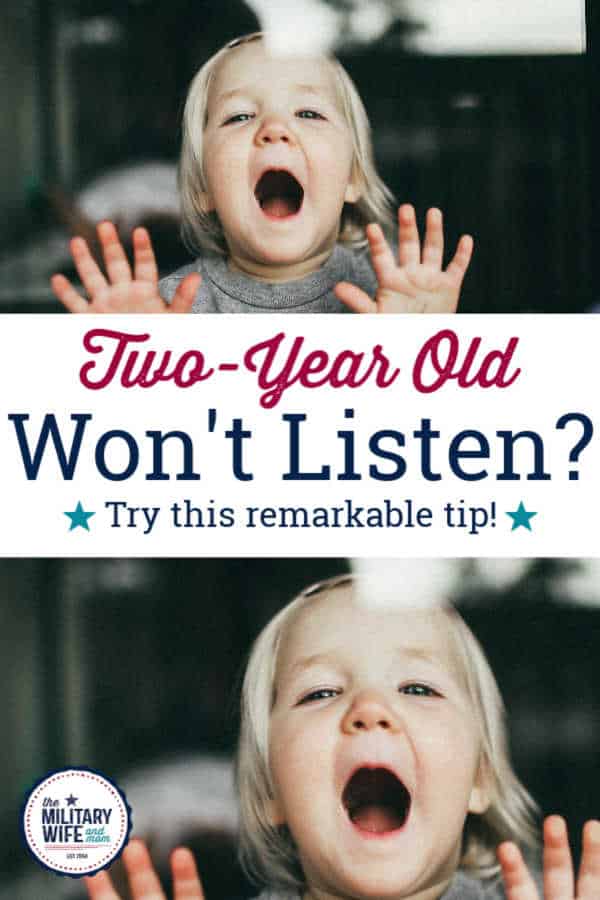
Why Does My Toddler Hit Me But Not Daddy?
As a mother, I’ve witnessed firsthand the infuriating yet puzzling behavior of my toddler hitting me while refraining from similar aggression towards his father. The first time it happened, I was shocked and hurt. I wondered if I was doing something wrong or if there was an underlying issue. Determined to understand this perplexing behavior, I embarked on a journey to explore its causes and potential solutions.
In this comprehensive guide, I will delve into the reasons why toddlers might engage in this selective hitting, providing practical tips and expert advice to help you navigate this challenging phase.
Understanding Toddler Aggression
It’s crucial to recognize that hitting is a common behavior in toddlers. They are still developing their impulse control and emotional regulation skills, and may resort to physical aggression to express their frustration or get attention.
However, when a toddler exhibits selective hitting, it can be particularly frustrating for the targeted parent. It’s important to remember that this behavior is often not intentional or malicious. Toddlers may simply be more comfortable and less inhibited around the parent they hit.
Attachment and Security
Toddlers form strong attachments to their primary caregivers, typically their mothers. This attachment provides them with a sense of security and comfort. When a toddler feels secure with their mother, they may be more likely to let their guard down and engage in behaviors that they wouldn’t display with others.
On the other hand, toddlers may be less attached to their fathers, resulting in a more cautious and formal relationship. This dynamic can lead to a perceived power differential, making toddlers less likely to exhibit aggressive behavior towards their fathers.
Power and Control
Toddlers are eager to exert their independence and establish a sense of control over their environment. When they feel powerless or frustrated, they may resort to physical aggression as a way to gain control.
If a toddler perceives their mother as a weaker figure, they may be more likely to target her with physical aggression. Conversely, they may view their father as a more dominant and authoritative figure, making them less likely to engage in aggressive behavior towards him.
Attention-Seeking Behavior
Toddlers may also engage in selective hitting as a way to seek attention from their mothers. If they’ve learned that hitting mom gets a reaction, they may continue to do it to gain attention, even negative attention.
This behavior is particularly common when a toddler feels neglected or is seeking to establish a stronger connection with their mother. It’s important to address the underlying emotional needs rather than simply punishing the aggression.
Tips and Expert Advice
Addressing selective hitting can be challenging, but it’s important to remain patient and consistent. Here are some tips and expert advice to help you navigate this phase:
1. Stay Calm and Model Positive Behavior
It’s essential to remain calm and collected when your toddler hits you. Reacting with anger or aggression will only escalate the situation and make it worse. Instead, model positive behavior by calmly stating that hitting is not acceptable.
2. Provide Clear and Consistent Discipline
Establish clear rules and consequences for hitting. Consistently enforce these consequences, but avoid harsh punishments. Time-outs or a quick removal from the situation can be effective in teaching toddlers that hitting is not acceptable.
3. Avoid Giving In to Attention-Seeking Behavior
If you suspect your toddler is hitting for attention, avoid giving in to their demands. Instead, ignore the hitting and reward them for positive behavior. This will help them learn that hitting is not an effective way to get attention.
4. Seek Professional Help if Needed
If you’re unable to manage your toddler’s selective hitting on your own, don’t hesitate to seek professional help. A child psychologist or therapist can provide guidance and support in addressing the underlying causes of the aggression.
Frequently Asked Questions (FAQs)
Q: Why does my toddler only hit me when I’m tired or stressed?
A: Toddlers are sensitive to their parents’ emotions. When you’re tired or stressed, you may be less patient and responsive to your toddler’s needs. This can create frustration and lead to aggressive behavior.
Q: What should I do if my toddler hits me in public?
A: Remain calm and remove your toddler from the situation as quickly as possible. Once you’re in a private place, talk to your toddler about why hitting is not acceptable and enforce the appropriate consequence.
Q: How can I prevent my toddler from hitting?
A: Focus on creating a positive and supportive environment for your toddler. Provide them with ample opportunities for physical activity and emotional expression. Additionally, model positive behavior and set clear boundaries for acceptable behavior.
Conclusion
Understanding why your toddler hits you but not daddy can be a complex and frustrating journey. Remember that toddlers are still developing and learning to manage their emotions. With patience, consistency, and a willingness to seek support when needed, you can navigate this challenging phase and help your toddler develop healthy and respectful relationships.
If you’re interested in learning more about toddler aggression, please feel free to explore other resources on our website. We have a wealth of information to help parents better understand and support their children’s development.

Image: blueandhazel.com

Image: themilitarywifeandmom.com
Don’t ignore when toddlers say carry me, Pro Tips. | Parenting knowledge, Smart parenting, Gentle parenting Oct 16, 2023Ask them if they are ok and how they feel. You can then tell the child that hit that their friend is upset because they are hurt and ask them to help you make them feel better. I feel like this is a more powerful response then simply asking them to just “say sorry.”.